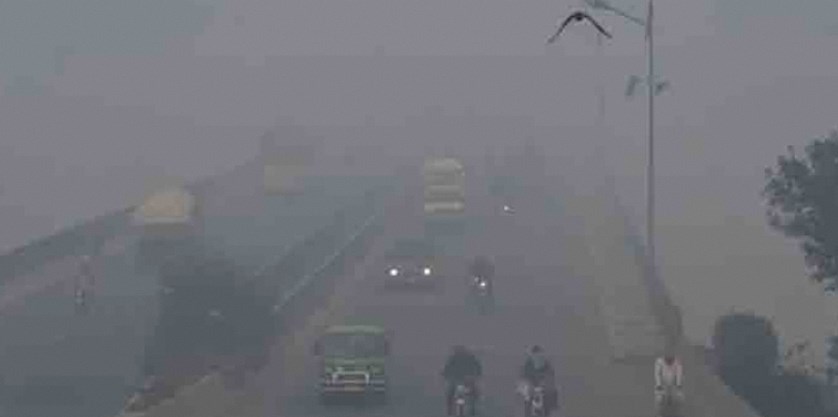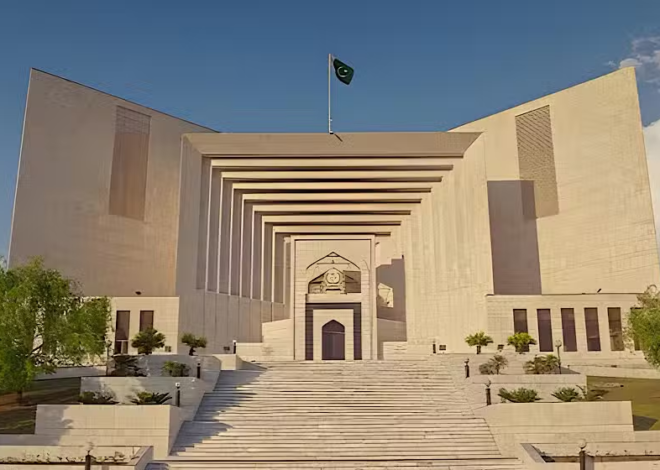
Rawalpindi’s Crackdown on Smog: Industrial Units and Brick Kilns Closed
As smog continues to affect air quality across Pakistan, the Rawalpindi district administration has taken drastic measures, sealing several industrial units and brick kilns found to be major contributors to pollution. With air quality becoming a public health crisis in many parts of Punjab, authorities are cracking down on sources of emissions to mitigate the worsening situation.
The administration’s crackdown comes amid a broader provincial effort to reduce smog, particularly during winter months when pollution levels spike due to weather conditions. Industrial units and brick kilns, which release significant particulate matter and other pollutants, are required to adopt cleaner technology or face closure. This year, authorities have implemented stricter regulations, closely monitoring compliance to minimize smog’s impact on residents.
Citizens have voiced their support for these actions, although some argue for a balanced approach that considers the economic implications for workers in these sectors. Environmental experts emphasize the need for sustainable practices and urge investment in green technologies for industry. Moreover, they advocate for public awareness campaigns to highlight the health risks associated with poor air quality.
The decisive action taken by the Rawalpindi administration underscores a growing commitment to environmental health and demonstrates the urgency of addressing air pollution in Pakistan. This effort marks a critical step toward cleaner air and a healthier future for the residents of Rawalpindi and beyond.







